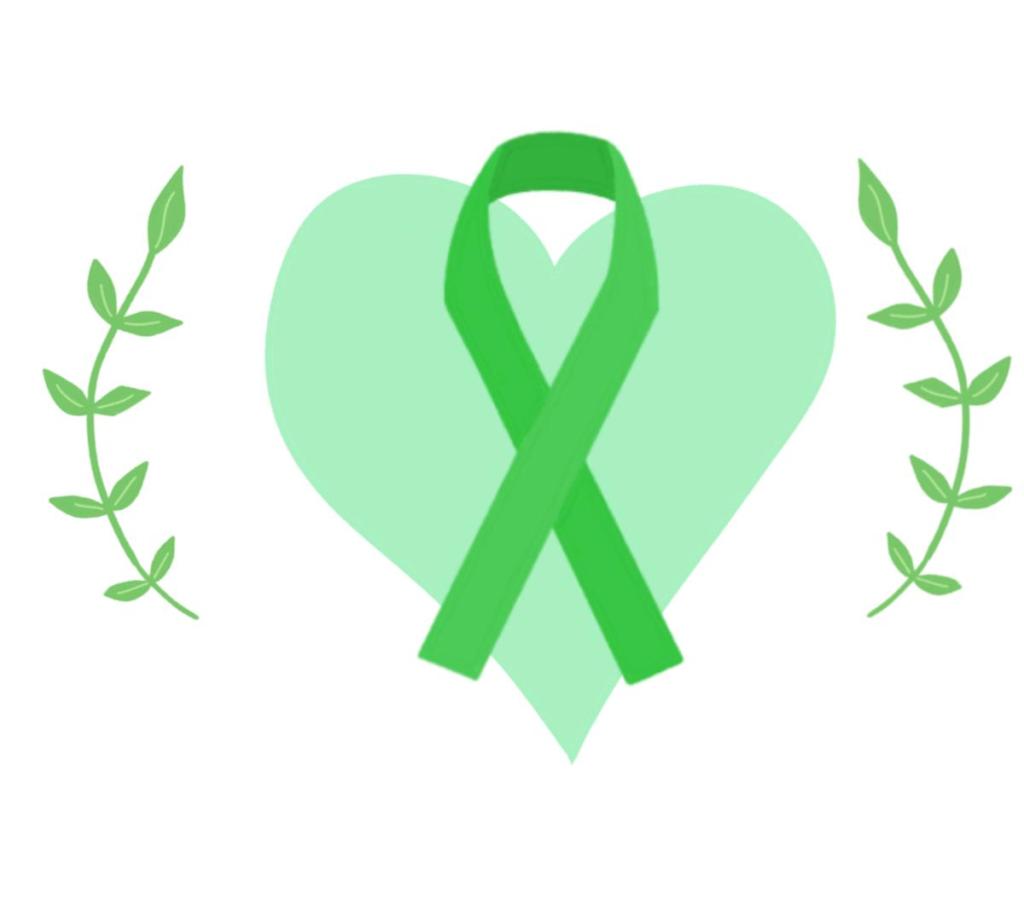
We all come together to spread the continuation of support, love, education, nurture, and acceptance in the Autism community for World Autism Acceptance Month. Autism is what makes us different, but not less, as to quote of the wise words by Temple Grandin. In this year’s Autism Acceptance Month, I will be sharing three new reading posts that will cover on autism here at The Autistic Animator’s Desk, and today, the first post we’re going to explore on is autism and mental health.
I feel this subject is one of the most important things to talk and read about, even for using as a type of an educational experience, because I think there is something about autism and mental health having a few things in common together. Mental health has been so affective on the lives on every human being, and when it comes to have mental health, it can be such a life struggle, especially for autism and other types of disabilities. This first post for Autism Acceptance Month will focus on how mental health has affected on autistic people, and how can people do to help and educate kids and adults who are on the spectrum.
Information for preparation of this reading topic was gathered up with research and references from four websites, such as Rogers Behavioral Health, VeryWell Health, SAMHSA, and Community Health Network, and my book copy of Navigating Autism: 9 Mindsets for Helping Kids on the Spectrum by Temple Grandin and Debra Moore, which I highly recommended it.
🎗 The Difference Between Autism and Mental Health 🎗
Autism is a developmental disorder that effects on the characteristics of thinking, feeling, speaking, and communicating. It is also a spectrum, and the condition is affective in the brain, wired differently than the non-autistic brain. The diagnosis is usually exposed in younger children, and there is no cure.
Mental health effects on thinking, feeling, and acting that leads with stress, frustration, anger, trauma, isolation, and mood psychologically and emotionally. Diagnosis happens at any point in anyone’s life, may be in later childhood to early adulthood. Symptoms includes anxiety, bipolar disorder, depression, eating disorders, post-traumatic stress disorder (PTSD), schizophrenia, sleep problems, and thoughts for suicide, and can be treated with medication.
Both autism and mental health are affective in the brain. However, autism is a disability, not a mental illness, but autistic people can develop some symptoms that relates to mental health and mental problems. Most signs autistic people would experience are anxiety, depression, ADHD, sleep problems, stress, frustration, anger, and obsessive-compulsive disorder (OCD), and each could link for having sensory issues, panic attacks, and lack of trust, which is very part of autism. When it comes to losing control on emotions, autistic people can easily lose their emotions. According to the research from both Rogers Behavioral Health and Grandin and Moore’s book Navigating Autism, they said that anxiety and mood disorders, and depression are the main symptoms of mental health that effects on autistic people. Here’s an information from Mindset Five in Navigating Autism, which also enlists on autistic kids can struggle on having other psychiatric disorders:
‘Autistic children commonly struggle with several other psychiatric conditions as well. As with attention deficit disorders, when symptoms of these problems go unrecognized and untreated, a child’s daily quality of life is greatly impacted. Depression, anxiety, trauma, and other emotional challenges make it more difficult for a child to succeed either academically or socially.’ (Mindset 5, Navigating Autism).
Anxiety is very linked in autism to easily cause panic attacks and meltdowns, and fear and anti-social in public environment, due to routine changes, too many people, loud noises, not liked being touched or being hugged, and experience trauma. Other symptoms included worrying, stimming, and sleep problems. From Navigating Autism, the study reads the older autistic children get, the more they could get a diagnosis of anxiety disorder.
Adding with anxiety, depression is a higher affective on autistic people, but mostly reported that girls with autism can easily be affected than boys, from masking or mood swings. Signs of autistic people who suffer from depression and mood disorders are loss of motivation, sadness, low energy, poor sleep and appetite, irritability, isolation and loneliness, and suicidal thoughts, even caused by bullying, fear, or abuse.
Obsessive-compulsive disorder (OCD) is very associating with autism for having repetitive behaviors, and other examples of OCD are repeatedly washing hands, obsessing with certain fears, such as germs, threats, organizing and checking on things, obsessive thoughts, and ritual images and urges. Another thing that is exposed on autism is post-traumatic stress disorder (PTSD). Autistic children who have experience with trauma and horrifying moments would be exposed to PTSD, which is common from being bullied, witnessing violence, suffering from nightmares, negative emotion, aggression, refusing to speak, lacking from activities and social play, abuse, and self-criticism.
Now, I do have bits of mental health, but they’re not very bad, only because they both have come in having characteristics of autism, since I’m autistic myself. I do have anxiety and I think I have a bit of an obsessive-compulsive disorder. Anxiety I can absolutely understand, especially as someone who is on a spectrum, because as already mentioned, anxiety is very part of having autism and even ADHD, though I don’t have ADHD. Parts of my anxiety are just being worried, anxious, and insecure, but I don’t have social anxiety. I am such a positive person, and what helps me, in spite of my anxiety as part of my autism, is that I like to feel connection and engagement with people in social, and that’s a wonderful feeling, because that can help to make new friends and learning how to become independent outside from home.
For OCD, I will admit, I can’t help but washing my hands constantly, even if I touched something that’s not dirty, I would wash my hands and fingers to keep them clean. I don’t like germs, but hey, nobody likes germs, and I hate getting sick. With that, I do have this obsessive fear of my food allergy. I’m allergic to tree nuts, and the first exposure was so traumatizing that every time I see almonds, cashews, pecans, walnuts, hazelnuts, or pistachios, I can’t help but feeling shivering under my skin. I’m not going to lie, even I would drive my family members crazy for speaking on this subject, a food allergy is super scary.
Anxiety and OCD may be part of my own mental health, but it’s nothing to be ashamed of. Having mental health is absolutely NOTHING to be ashamed of, even for kids and adults who are autistic or have other disabilities. There are many ways you can do to cope with mental health. I will say this, drawing has been like my own art therapy to me. It helps me to concentrate, keeping myself occupied, because it’s work, and it’s my own kind of meditation. Because I have been an artist and drawing cartoons and focusing on animation all my life, I wouldn’t trade it for everything. If you go and check out this previous post from last year called Explore the Arts in the Autism Community, you’ll see readings on there are excellent art therapies to help people coping with mental health, and educating students with autism to learn about art, how to study art, and be inspired to become artists, too.
Besides working on art projects, whether it’s drawing, painting, illustrating, or animating, there are tips that helps me for both my autism and mental health, and I think each tip I’ll listed it here could help you cope with your own mental health, too!
So here are my helpful tips:
- Listening to podcasts, audiobooks, and music (I recommend classical music and/or movie and TV soundtracks)
- Yoga exercises
- Taking a nice, warm bath or shower (warm water soothes your mind and nerves)
- Drinking a hot cup of cocoa or coffee
- Reading favorite books
- Taking a dog for a walk
- Watching a favorite movie
- Anxiety brush (helps to calm you down from stress or anxiety)
- Have a good cry
Other tips of how to cope with mental health, includes creating motivations, peaceful environment, writing a journal, art lessons, breathing exercises, physical workouts, yoga, swimming, music therapy, learn how to say no on certain things, etc. If you are a reader who has mental health, please check out the reading 12 Ways to Improve Your Mental Health from Community Health Network website in the link from my research and references down below.
For autism, there are many excellent therapies to help autistic children and adults to learn how to cope with mental health. There is cognitive behavioral therapy, art therapy, music therapy, play therapy, sensory therapy, and even pet therapy to let autistic students interact with dogs, so they can play and learn how to take care of dogs. Dogs are our best friends, even cats, too! 🥰
Remember this: If you are autistic or had other type of disabilities, and you are trying to cope with your mental health, it’s NOT the end of the world. Most important of all, you’re not alone. No one is alone. There are so many ways you can learn how to cope with mental health by exploring many brilliant activities that captures your exciting interests. I’m no doctor nor psychiatrist, I’m just a cartoonist, but having autism as part of my identity, and I feel that it’s important to have any kind of subjects that relates to autism or other disabilities that needs to be read and talk about. That’s motivation from an advocate.
I hope you will find this reading post as interesting, inspiring, and hopeful in this first topic for Autism Acceptance Month in 2024. So, the next post coming up next week, after this one here, will be my review on the episode from the animated PBS TV show, Arthur, called ‘When Carl Met George.’ I can’t wait to share my review of the episode from one of the animated TV shows I grew up watching it on PBS, and I highly recommended you all to watch it, if you don’t want to miss this upcoming post!
And I’ll conclude this reading post with a quote in Mindset One from Navigating Autism:
“Autism has always been with us. Our understanding of it and out diagnostic criteria have changed – and will continue to change. It’s clear throughout history many people have experienced the world in a way consistent with our modern label of autism. So-called geeks have existed and have advanced civilization in ways that the average human did not. Many artists, tradespeople, and scientists have been on the spectrum. While we didn’t have labels or diagnostic criteria in the past, we did have individuals who processed life in ways outside the statistical norm” (Mindset 1, Navigating Autism).
Link:
Articles for Research & References:
- Autism and Mental Health Facts (Rogers Behavioral Health): https://rogersbh.org/autism-mental-health-facts
- Is Autism a Mental Illness? by Lisa Jo Rudy (VeryWell Health): https://www.verywellhealth.com/is-autism-a-mental-illness-4427991
- What is Mental Health? (SAMHSA): https://www.samhsa.gov/mental-health
- 12 Ways to Improve Your Mental Health (Community Health Network): https://www.ecommunity.com/healthminute/2023/12-ways-improve-your-mental-health
- Navigating Autism (9 Mindsets for Helping Kids on the Spectrum) by Temple Grandin & Debra Moore: https://www.amazon.com/Navigating-Autism-Mindsets-Helping-Spectrum/dp/0393714845
My Recommended Posts:
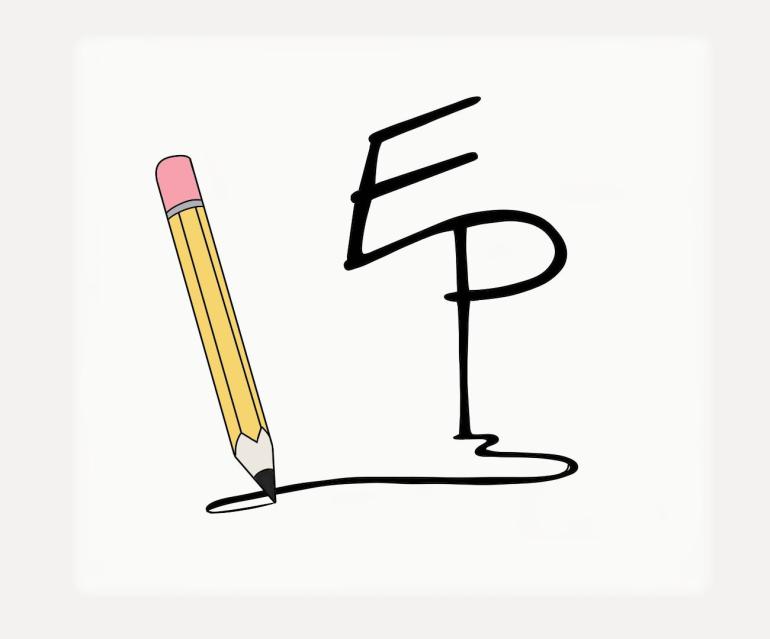
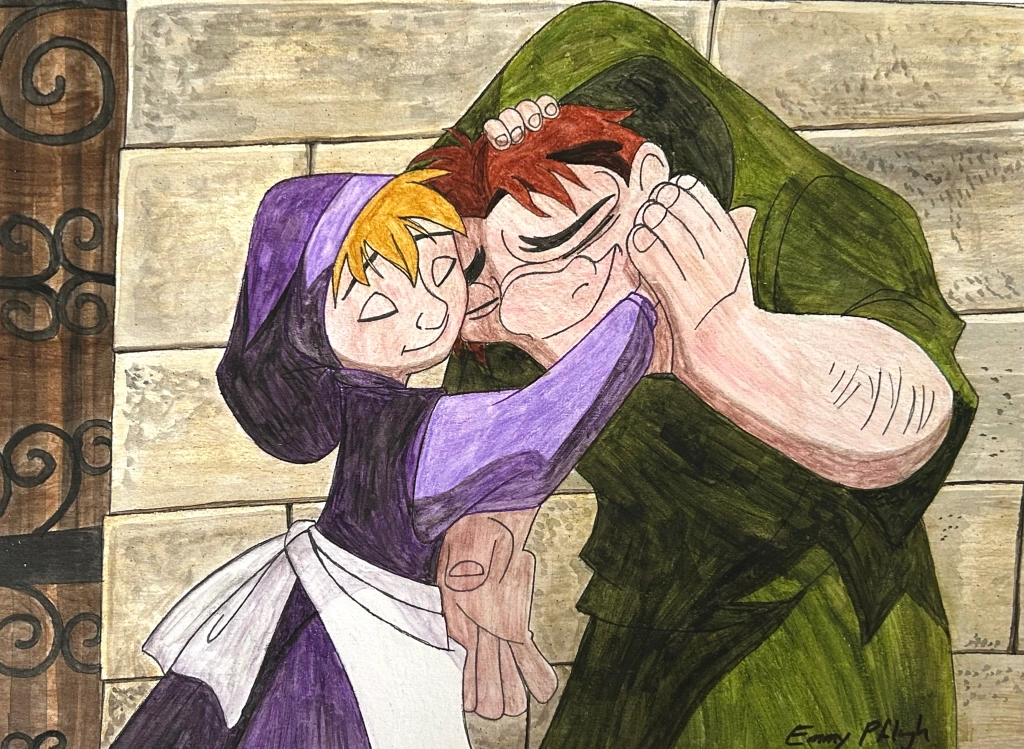
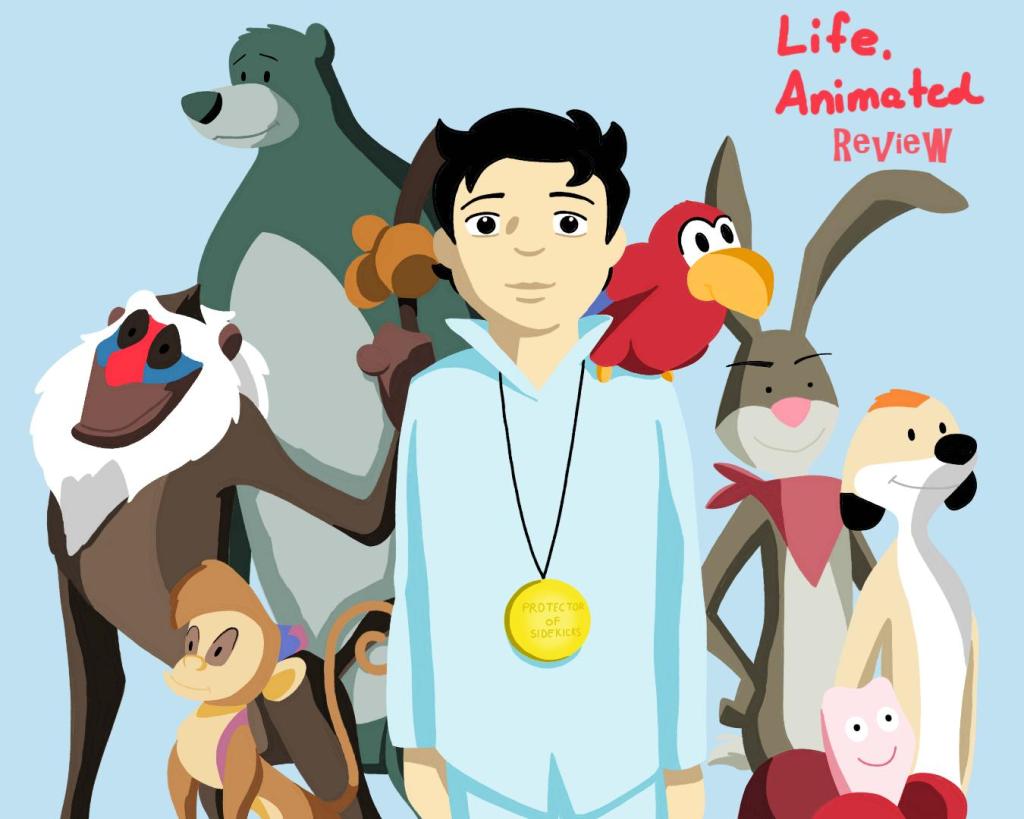
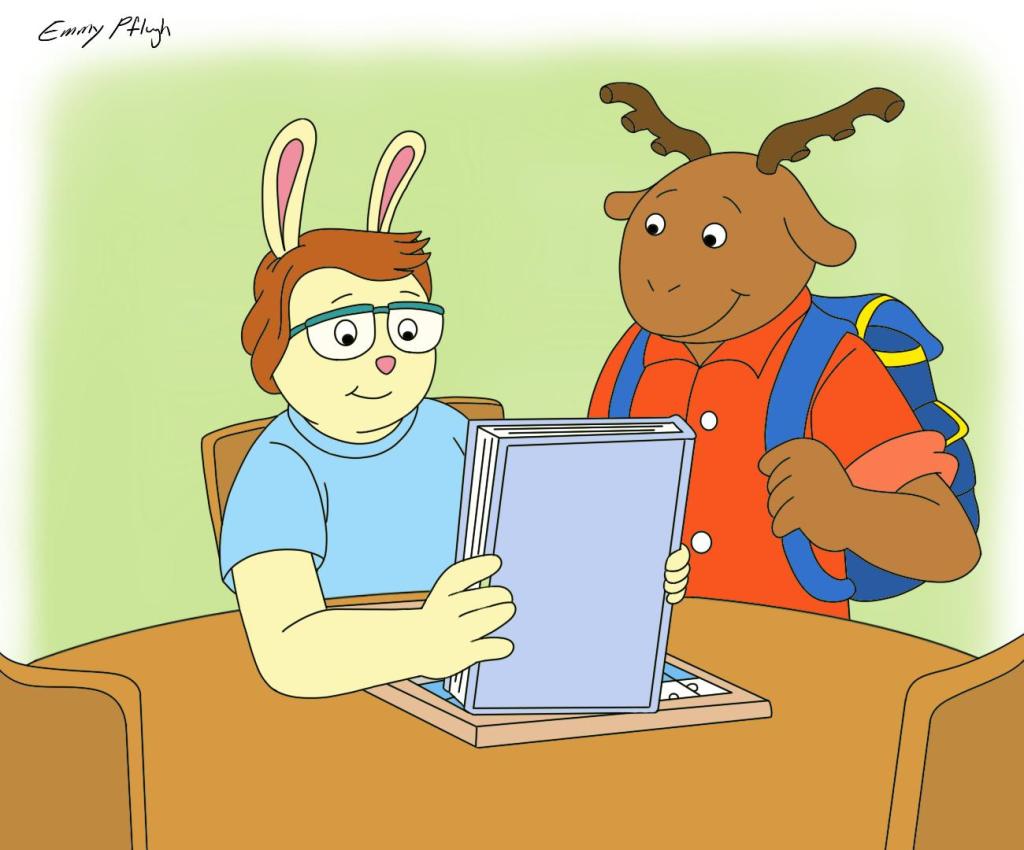
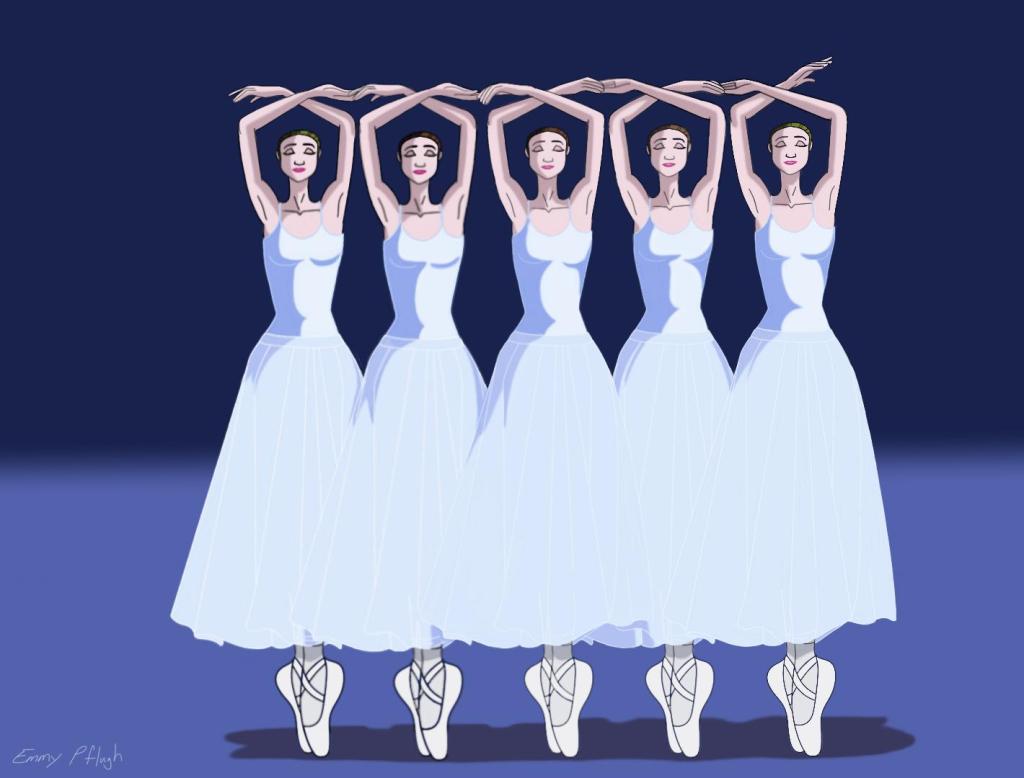

Leave a comment